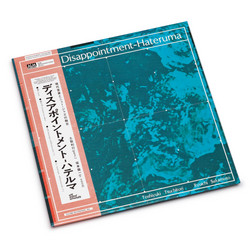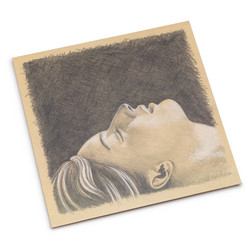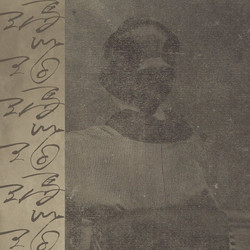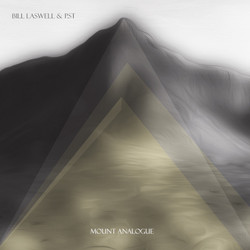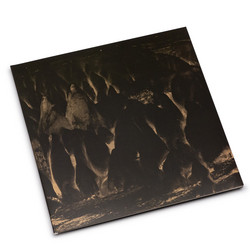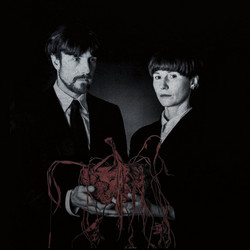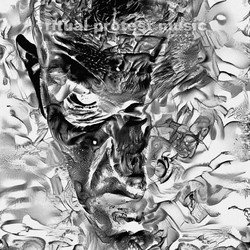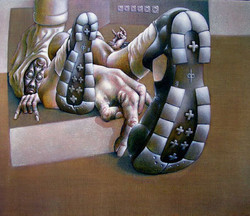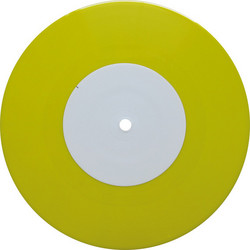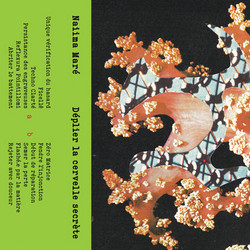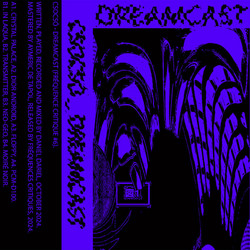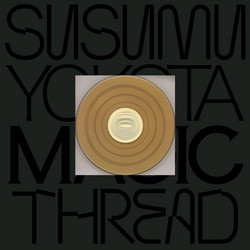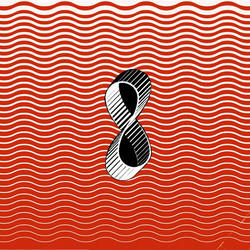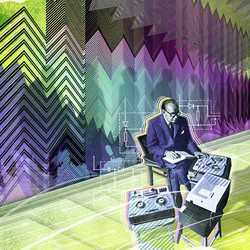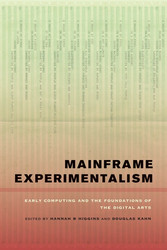An hour long piece consisting of classical instrumentation and orchestral arrangements using cello, violin and piano, plus recordings of wind, broken urban creatures, intimate situations, insect and amphibian sounds and mutations thereof, transmogrified balloons, unconscious voices and more. Selective perception is the tendency to not notice and more quickly forget stimuli that cause emotional discomfort and contradict our prior beliefs. Selective perception is the process by which individuals perceive what they want to in media messages while ignoring opposing viewpoints. It is a broad term to identify the behaviour all people exhibit to tend to "see things" based on their particular frame of reference. It also describes how we categorise and interpret sensory information in a way that favours one category or interpretation over another. In other words selective perception is a form of bias because we interpret information in a way that is congruent with our existing values and beliefs. Human judgment and decision making is distorted by an array of cognitive, perceptual and motivational biases, and people tend not to recognise their own bias, though they tend to easily recognise (and overestimate) the operation of bias in human judgment by others. We live in a mist of half-shared, unreliable perception, and our sense data comes warped by a prism of desire and belief, which tilts our memories too. we see and remember in our own favour and we persuade ourselves along the way. We’re descended from the indignant, passionate tellers of half-truths who in order to convince each others, simultaneously convince themselves. Over generations success has winnowed us out, and with success came our defect – when it doesn’t suit us we can’t agree on what is in front of us. believing is seeing - disinterested truth. The mind censors the senses; as a result we inhabit a world of shadows. a momentary, vanishing world that ordinary attention simplifies and makes palatable. we tune out x percent of the sensory stimuli we actually receive, and solidify the remainder into discrete mental objects in programmed, habitual ways. Add our educational systems to the equation and it becomes clear why we are so successful in producing docile automatons. a world disclosed in ordinary perception that is a makeshift of habit and convention. We may not be in control of what happens but we certainly are in charge of how we perceive our experiences.
"The reason why life may be judged to be trivial although at certain moments it seems to us so beautiful, is that we form our judgement, ordinarily, not on the evidence of life itself but of those quite different images which preserve nothing of life - and therefore we judge it disparagingly." (Marcel Proust)








